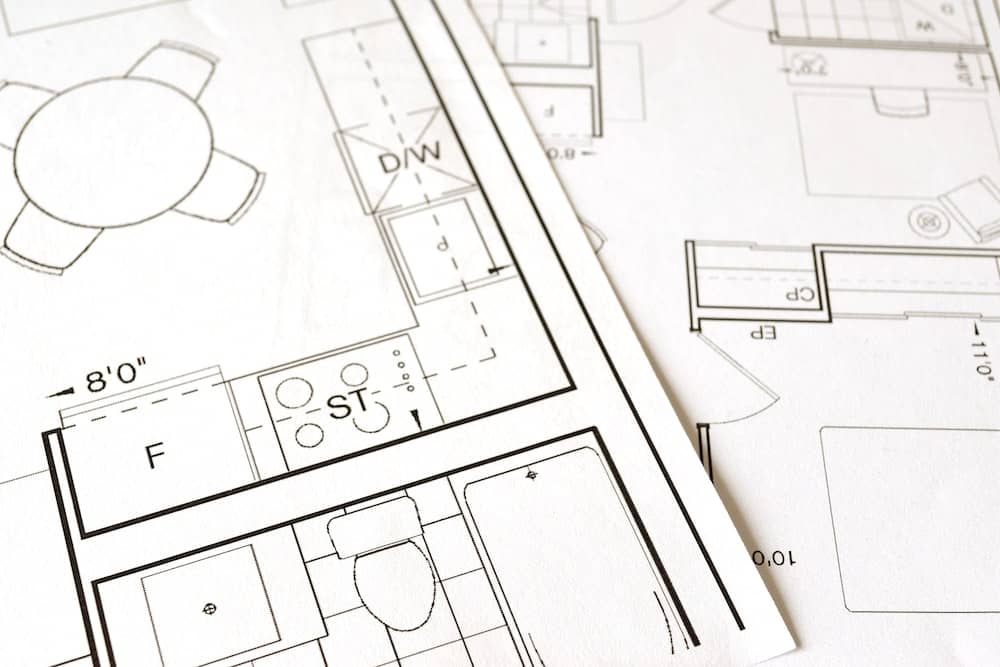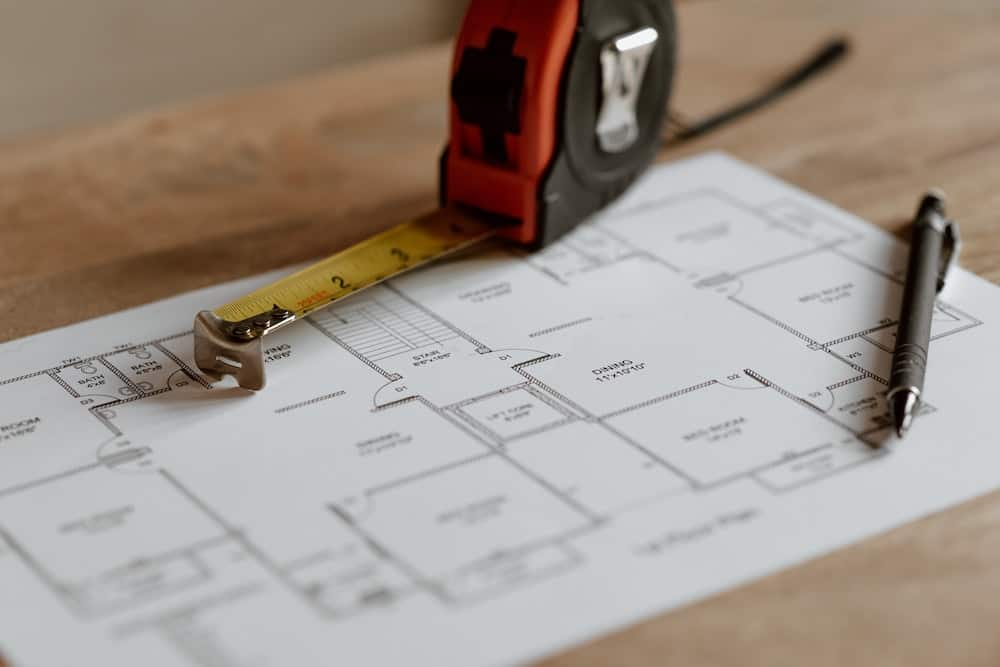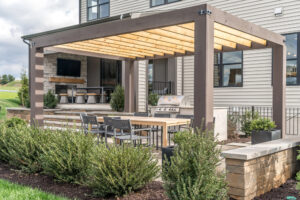Featured
Building a home extension can be an exciting and rewarding experience for any homeowner. From creating the perfect outdoor living space to adding more room for family activities, there are endless possibilities when it comes to extending your home. Before you dive into the project, however, it’s essential to consider these five things when thinking about building a home extension.
Building a home extension? what to consider

Budget
When it comes to budgeting for a home extension, you want to make sure that you are realistic about what kind of project you can afford. Take into account the size of the project, the type of materials being used and any labour costs associated with building your home extension. It’s also important to factor in unforeseen costs such as extra materials, building code violations, and other unexpected expenses.
Design Style
Your home extension should be a reflection of your personal style and tastes. Think about your home’s existing architecture when choosing a design for your extension, or consider how you want to use the space. Whether you’re looking for a modern, minimalist look or something more traditional and classic, plenty of design options can be tailored to your personal preferences.

Structural Materials
When it comes to home extensions, the structural materials you choose will play a significant role in how long and how well your extension lasts. Since the upgrade in materials and quality thereof, there is now no need to use timber with self supporting glazing bars; however, you must still consider the building regulations and any other environmental factors when deciding on your structural materials. These can range from natural stone or steel to concrete, brick, and other materials.
Environmental Impact
The environmental impact of your home extension should also be considered when planning the project. Consider materials and products that are energy efficient and that can help reduce your carbon footprint. Also, look into ways to incorporate natural light into the design through skylights or windows and use sustainable building practices wherever possible. Ensuring your home extension is energy efficient will help you to be compliant with new environmental laws and regulations around building and construction.
Planning Permission
Before you begin any building work, it’s crucial to check whether or not planning permission is required. Depending on the size of your project, as well as its location and proximity to other properties, you may need to seek approval from your local council or authorities before starting any work. Make sure to check with your local planning department about what kind of permissions are necessary for your home extension project.

Conclusion
Building a home extension is a great way to add value and functionality to your home. Whether you’re looking for more room, extra storage or simply want to create an outdoor living space, planning and considering these five key factors will help ensure your project runs smoothly.
With careful budgeting, selecting well-suited design styles, utilising the right structural materials, considering environmental factors, contracting license and ensuring proper permission is obtained, your home extension can be a rewarding and exciting experience.































